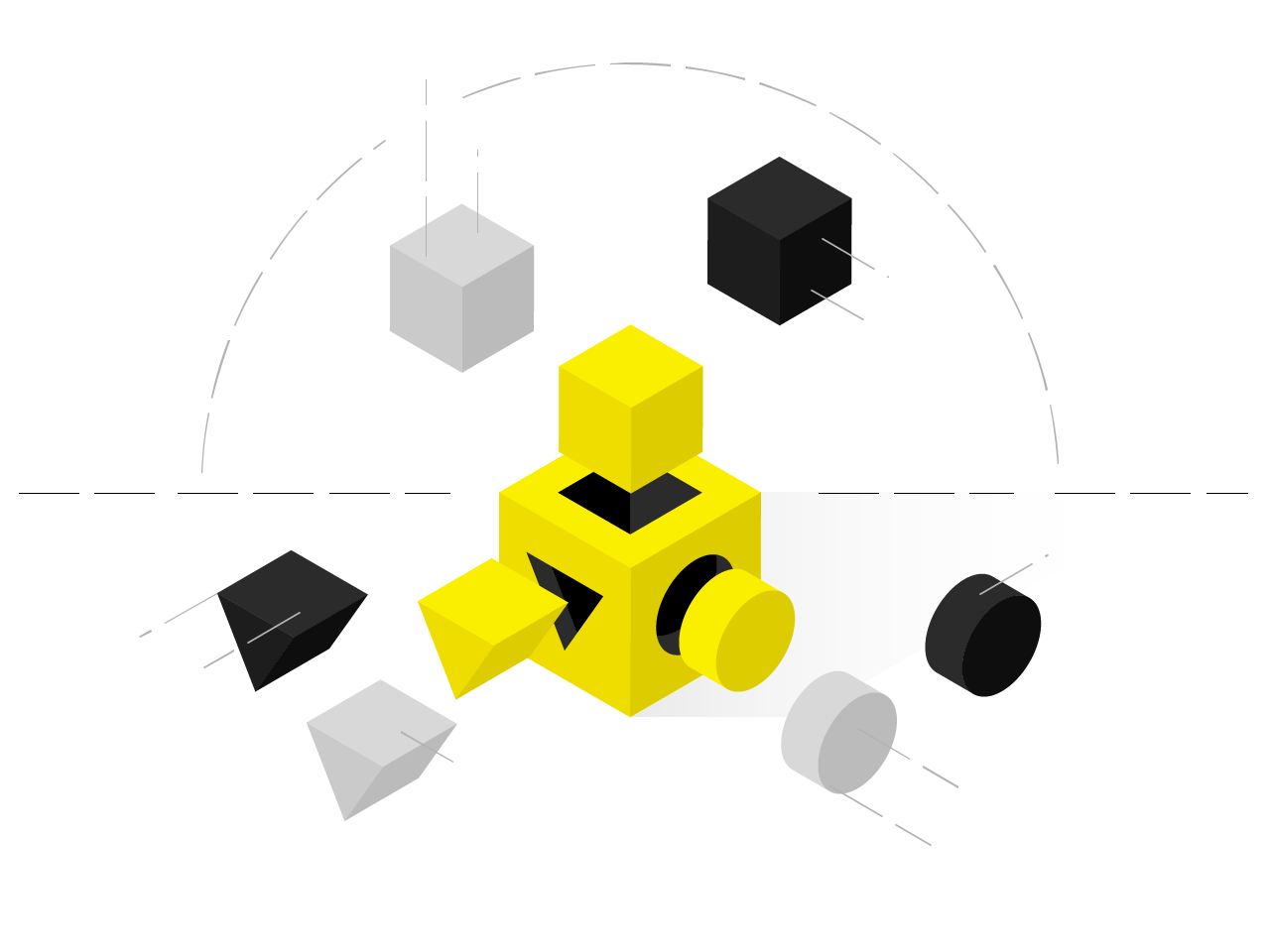A Public, Interoperable Social Media Space
The dramatic increase in the power of commercial online platforms has been one of the main outcomes of the digital transition so far. The internet is dominated by a few platforms that have, over the years, gained a monopolistic position over online ecosystems. Platformization has upended the vision of a neutral and open internet.
The modern internet consists largely of closed, private communication spaces under corporate control. Platforms are the gatekeepers of content, communications, and data flows. This challenge is often framed in economic terms as affecting competition and innovation among business users and choice for end users. It also has negative societal effects, leading to social polarization, the spread of misinformation, censorship, or the growth of social inequalities.
 During the current mandate, the European Union (EU) has enacted laws — the Digital Services Act (DSA) and the Digital Markets Act (DMA) — that build a platform regulation regime and aim to curb the power of the gatekeepers. They are intended to create a safer digital space by regulating platforms and to bring greater fairness to digital markets by enabling competition. But even as these regulations are starting to be applied, digital markets are becoming more centralized: new AI systems and services are primarily built by Big Tech companies, creating new opportunities for them to consolidate power in communication networks.
During the current mandate, the European Union (EU) has enacted laws — the Digital Services Act (DSA) and the Digital Markets Act (DMA) — that build a platform regulation regime and aim to curb the power of the gatekeepers. They are intended to create a safer digital space by regulating platforms and to bring greater fairness to digital markets by enabling competition. But even as these regulations are starting to be applied, digital markets are becoming more centralized: new AI systems and services are primarily built by Big Tech companies, creating new opportunities for them to consolidate power in communication networks.
At the same time, a few dominant platforms, such as the service formerly known as Twitter, become increasingly pathologic, having adverse effects on the European public sphere. The reliance of the European public sector on these communication networks and the third parties that operate them is especially problematic.
What needs to be done?
As we have shown, interoperability is a design principle at the heart of the original vision for the open internet. In technical terms, the principle means the ability of one service to connect to another so that data and content can flow freely.
In the platformized internet, gatekeepers reap the benefits of the interoperable internet without being required to make their own services or data interoperable. That’s why interoperability mandates for gatekeeper platforms have great promise. They can open up platforms and ensure open communication flows through them in a way that supports both market competition and the democratization of power that these platforms now hold.
The DMA introduces two forms of interoperability requirements: one for messaging services and another that ensures third-party access to mobile devices and their operating systems. These requirements go into effect in March 2024. An evaluation of the Act, scheduled for 2026, can expand the interoperability provisions.
Interoperability is the foundation of alternative, decentralized digital ecosystems built around open standards. The most popular of these, the Fediverse, is a network of social networks connected by the ActivityPub protocol. The Fediverse has seen steady growth in recent years, triggered by crises faced by commercial gatekeepers, most notably the ongoing demise of the platform formerly known as Twitter. This demonstrates the generative nature of interoperability: the principle helps ensure that digital ecosystems are healthy and equitable and that online power is distributed in a way that avoids enclosures of the Digital Commons.
In a notable step, Meta has recently launched its new social networking app Threads in Europe. At this stage, Meta provides interoperability with the Fediverse. Once full interoperability is achieved, the ActvityPub protocol will support an ecosystem where information flows can flow freely between massive commercial networks and their decentralized alternatives.
A decentralized system of social networks built around the ActivityPub protocol creates an opportunity for European public institutions (or anyone else) to reach users through communication channels that they control. Such a capability is in line with Europe’s vision of digital sovereignty. Investment in public, self-managed infrastructure will also ensure the sustainability of the Fediverse.
Europe’s opportunity
Twitter’s demise and the ascent of the Fediverse open a window of opportunity for building more robust digital public spaces. The EU ought to create the conditions for public and governmental institutions, non-profit organizations, and citizens’ initiatives to invest in their autonomous communication infrastructure. Public and government institutions should be required to establish a presence in the Fediverse, and some of them — such as public media or educational institutions — have an obligation to host citizen accounts. This will provide public institutions with sovereign means of communication and ensure citizens have access to a more diverse and equitable communications network.
This necessitates backing through regulatory measures and investment in the Public Digital Infrastructure. The review of the DMA interoperability provisions in 2026 ought to target an expansion of their scope to encompass, at the very least, social networking platforms. The EU must endorse the democratic, multi-stakeholder management of protocols like ActivityPub. Ultimately, the provision, development, and maintenance of the services constituting the Fediverse merit support through a European Public Digital Infrastructure Fund.




